More Great Titles from Batsford
tap to read more
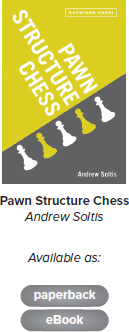
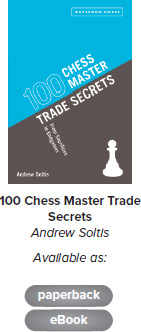
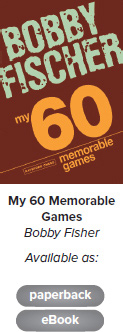
 www.anovabooks.com
www.anovabooks.com

First published in the United Kingdom in 2005 by
Batsford
151 Freston Road
London W10 6TH
An imprint of Anova Books Company Ltd
Copyright Simon Webb
The moral right of the author has been asserted.
All rights reserved. No part of this publication may be reproduced, stored in a retrieval system, or transmitted in any form or by any means electronic, mechanical, photocopying, recording or otherwise, without the prior written permission of the copyright owner.
First eBook publication 2013
ISBN 9781849941594
Also available in paperback
ISBN 9780713489880
This book can be ordered direct from the publisher at
www.anovabooks.com, or try your local bookshop.
Distributed in the United States and Canada by Sterling Publishing Co., 387 Park Avenue South, New York, NY 10016, USA
Foreword
Since the second edition was published in 1990, there have been dramatic changes in competitive chess. Time limits have become shorter, adjournments and adjudications have been replaced by quick finishes, and Quick Play events have become much more popular. Correspondence chess has been transformed by the impact of e-mail, analysis engines and databases.
So I have updated Chess for Tigers to reflect these and other changes.
Simon Webb
Stockholm, 2005
Note: Some time after the author had submitted his manuscript for this new edition of Chess For Tigers, FIDE, the International Chess Federation, passed new laws forbidding a player to write moves down in advance and also insisting that a players scoresheet be visible to the arbiter throughout the game. This clearly has a bearing on advice given , but as a mark of respect to the late Simon Webb we have retained his original text.
I So you want to be a Tiger?

You could be a much better chess player than you are.
How? Simply by making fuller use of your natural ability. You have a reasonable knowledge of your favourite openings, your positional judgement is better than that of many players you lose to, and you can analyse tactical lines as well as some players of twice your strength. And yet you only play at your full strength maybe one or two games in ten. This is because you waste much of your ability by not directing it properly. You get into the wrong positions against the wrong opponents, you make silly mistakes, you adopt the wrong mental attitude, and you handle the clock badly.
If you could fully harness your natural ability you would find yourself consistently beating your current rivals and holding your own against players you now consider to be out of your class.
Well, Im sure I could do better if I spent a lot more time studying chess , you may say, but there are other things in life, and I dont really want to spend hours and hours every evening swotting up openings and things
The answer is you dont have to! You need not spend any more time on chess than you do now, but what you must do is adopt a practical approach and play to win.
Next time you sit down to play a match, ask yourself what is your aim in playing. Are you aiming to play the best moves? Or are you playing to win? There is a difference. Many players aim merely to play the best moves, objectively speaking. They never succeed, of course, but that doesnt stop them trying. But chess is not a science its a game, a struggle between two mortals who make mistakes, deceive themselves and each other, get tired, allow themselves to be distracted, and altogether have no hope of attaining perfection at the chess-board. If you want to become a Tiger, you must forget about playing the best moves and concentrate on winning.
Of course, I know that you play chess for enjoyment, and that winning or losing isnt really all that important the games the thing. But just between you and me, you may as well admit that you get a bit of a kick out of winning, and you simply hate losing. If you want to improve your results you must harness that desire to win and transform yourself into a Tiger of the chess-board. And if you want to know how, read on
Note. This book is designed to make you think. Diagrams are placed to bring out key points, and to get the maximum benefit you should have a brief look at the position in each diagram before continuing with the text.
2 Play the man not the board

Only an automaton plays the same way against every opponent. The practical chess-player looks out for the strengths and weaknesses of his opponents, and goes out of his way to capitalize on the weaknesses.
Before a World Championship Match, each player may spend months making a very thorough study of his opponents games, searching for weaknesses in his opening repertoire, identifying the types of positions in which he is at home or ill-at-ease, assessing his tendency to over-optimism or pessimism, and so on. You cant go to these lengths, but you should still be able to make good use of anything you know about your opponents style of play.
If you play regularly at a club you will doubtless know what to expect from most of the other club members. You may know that Smith will attack like crazy and go to any lengths to avoid an exchange of queens, that Jones is lacking in confidence and inclined to agree a draw in a good position, and that Bloggs relies mainly on setting cheap traps. With this information you should be able to tackle each of these opponents in a particular way.
You will have less to go on, however, when you face an opponent you know nothing about, in a match against another club, for example. Your friends or team-mates may be able to give you some information about him, but even against a complete Mystery Man you should be able to make a few deductions. Does he look a bit past his prime? Is he carrying a briefcase bulging with openings books? Does he look confident or nervous?
If youve got nothing else to go on, age is a reasonable guide. Older players tend to have less stamina; they may be subject to time-trouble, unfamiliar with current opening theory, and bad in complications, but they often play simple positions and endings well. Younger players are usually well genned up on current opening theory (though not the theory of ten years ago), and good at analysing tactical lines, but frequently lack technique in simple positions and endings. Once the game gets started you will be able to modify your first impressions in the light of your opponents choice of opening, although by this stage you will have less opportunity to steer the game in a particular direction.

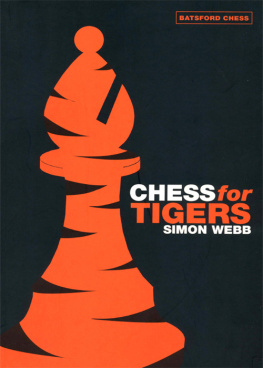

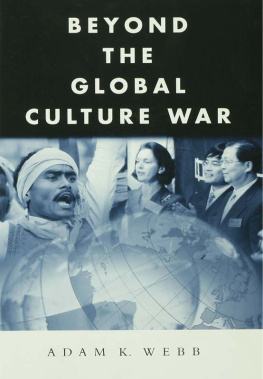

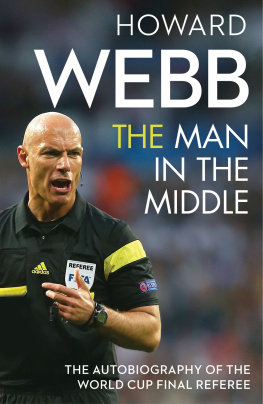
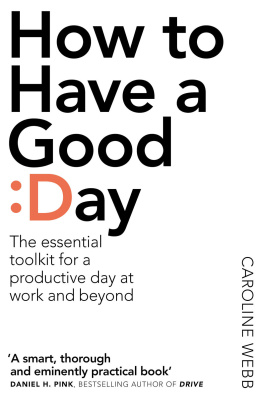

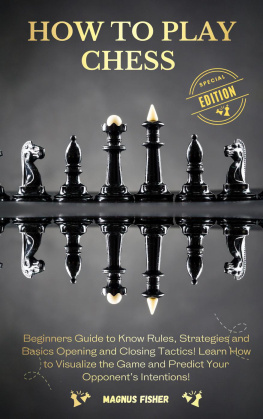
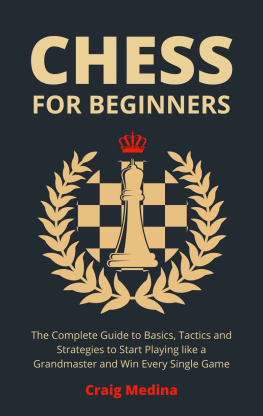
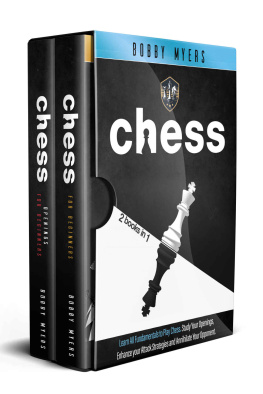
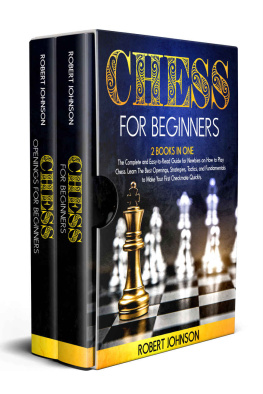
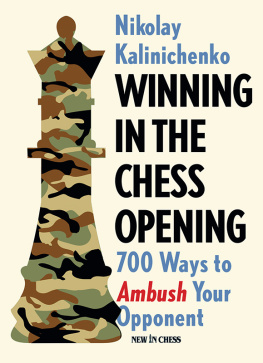
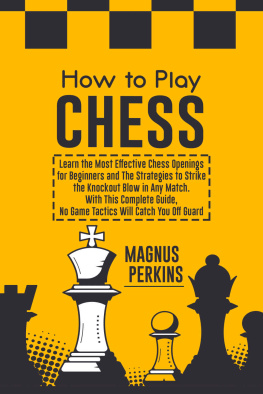
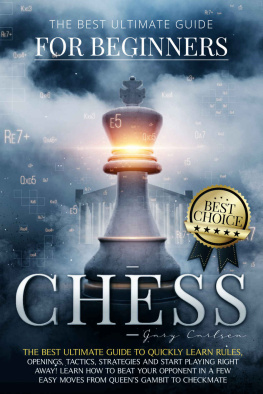
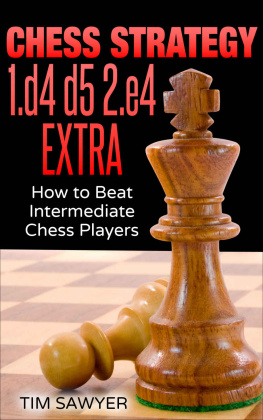
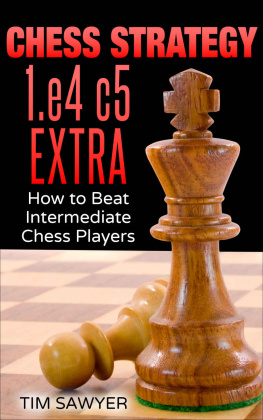

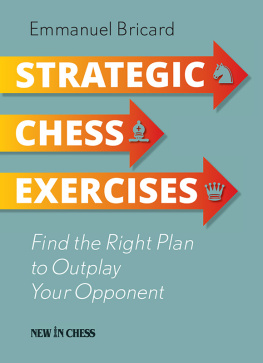
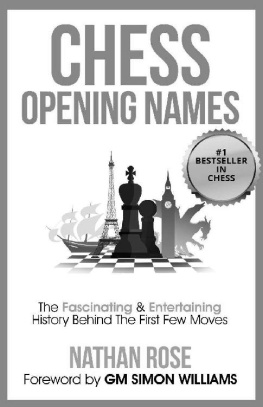




 www.anovabooks.com
www.anovabooks.com

